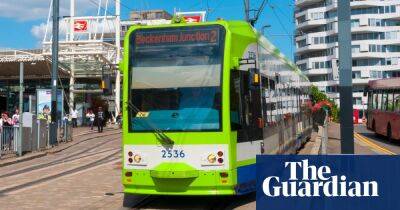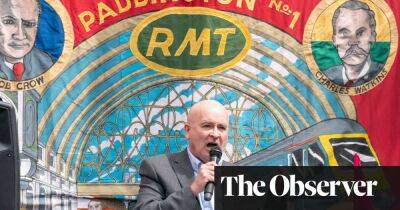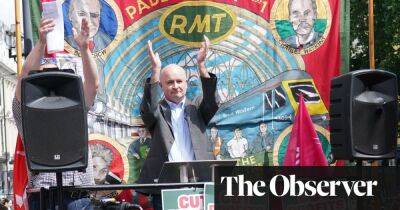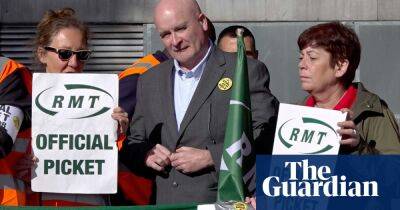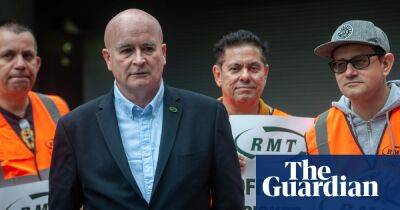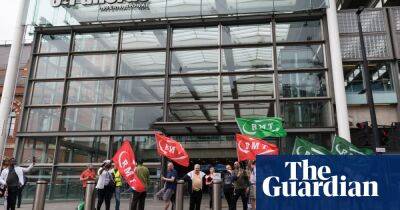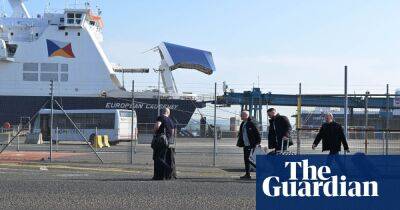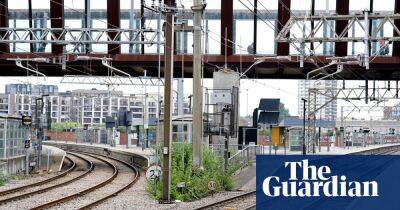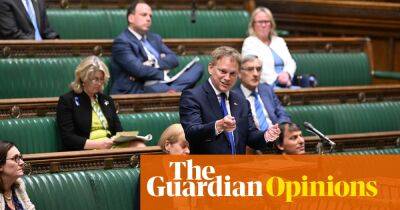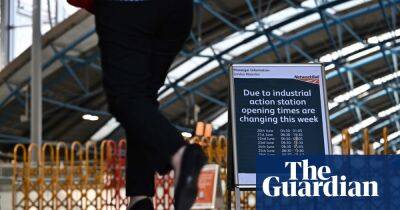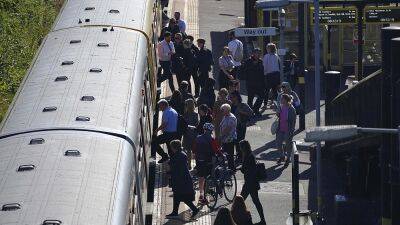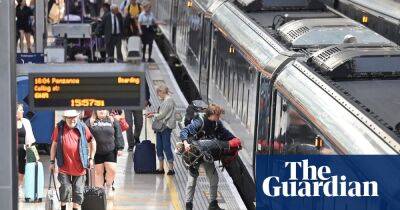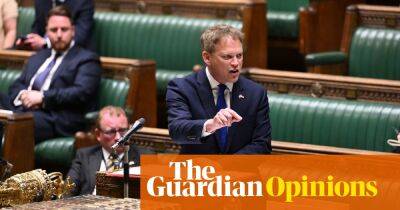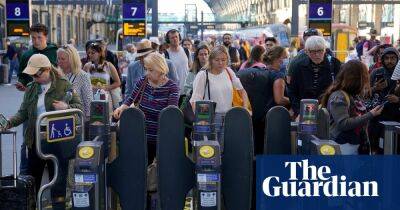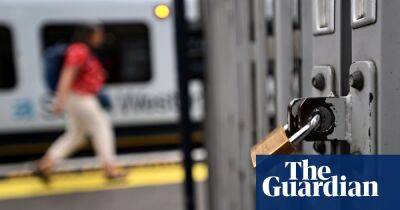UK rail strikes – the truth behind the claims and counter-claims
Impossible to say with certainty: the Department for Transport (DfT) says employers have been able to negotiate freely but “with clear direction from government about the modernisation that needs to be achieved”. Government has clearly set the financial parameters, what the RMT leader Mick Lynch called the “fingerprints of Grant Shapps and DNA of Rishi Sunak”.
The industry has been told, directly or otherwise, that pay rises can only come with “productivity gains”. With more and more of the industry officially on the Treasury balance sheet, rail is more or less a public sector employer. During Covid, train operators were relieved from franchises that would have seen them go bust and placed on new contracts where the revenue, or lack of it, is the government’s concern. The pay rise across all train operating companies is being negotiated nationally.
Network Rail, meanwhile, has said it is not getting any uplift to its £41.7bn five-year budget. Chief executive Andrew Haines has said any wage increase has to come through cost savings and productivity – a position which mirrors the message given by the Treasury elsewhere in the public sector. He has said it could go higher than 3% – but also said there were no productivity gains that would allow a rise anywhere near RPI inflation, rail’s usual benchmark, running at 11.1%.
Yes, to some extent. One firm’s productivity gain is another employee’s ruined weekend. Flexible working and rostering are at issue. Rest -day working is being targeted at train companies, where Sunday working has traditionally been voluntary and paid at overtime rates.
At Transport for London (TfL), a review of the pension scheme has been ordered as part of the emergency funding agreement. London Underground
Read more on theguardian.com

